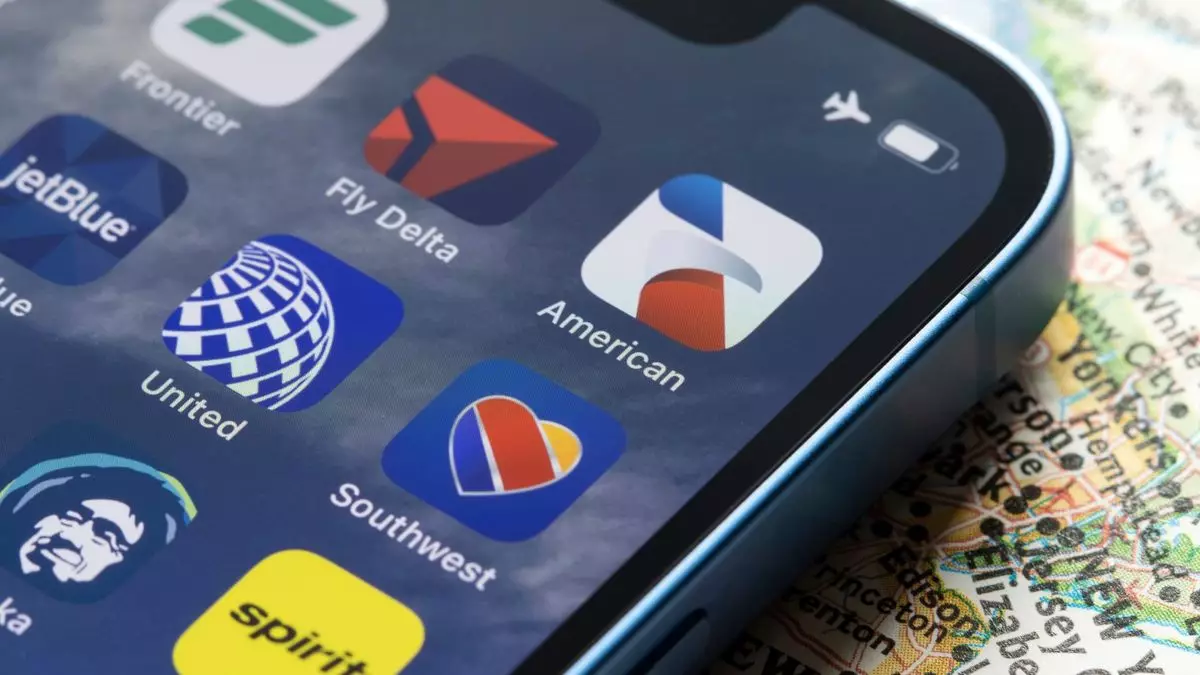Loyalty programs offered by airlines such as American, Delta, Southwest, and United have become a significant aspect of the U.S. economy and a major component of the airline business model. These programs have gained financial importance similar to or even surpassing the revenue generated from actual flight operations. The Department of Transportation (DOT) has initiated an inquiry to examine the loyalty programs of these airlines to safeguard consumers from potential unfair, deceptive, or anticompetitive practices.
Airlines have witnessed a surge in uptake of credit card and loyalty programs in the post-pandemic era, with approximately 30 million U.S. airline industry credit card holders, translating to roughly one in every four U.S. households. Delta, the leading U.S. airline in credit card revenue, generated $6.8 billion from its partnership with American Express in 2023 and aims to reach $10 billion by 2028. However, there have been concerns raised regarding the transparency and fairness of these programs, particularly the practice of periodically devaluing loyalty points.
Smaller U.S. airlines have accused larger carriers of using loyalty programs to suppress competition by creating captive customers, especially in markets where they have a dominant presence. In response, the trade group Airlines for America defended loyalty programs as a way for carriers to express gratitude towards travelers and offer them important benefits. Additionally, numerous customers have expressed satisfaction with various loyalty programs, citing the accumulation of rewards that can be used towards travel or other perks.
Southwest Airlines highlighted the features of its Rapid Rewards program, emphasizing flexible travel policies and abundant reward seat availability. The airline’s commitment to providing points that never expire has resulted in double the industry average of seats booked with points. Delta has acknowledged the DOT’s inquiry and expressed its dedication to delivering a meaningful rewards experience within its SkyMiles Program. On the other hand, American and United declined to comment, referring to the statement issued by Airlines for America.
Studies have shown that the lowest daily average price of U.S. airline tickets purchased with points or miles increased by 28% in March 2024 compared to March 2019, surpassing inflation by 7 percentage points. While American managed to lower reward prices by 25% over the same period, practices varied among airlines. The DOT’s investigation requires airlines to provide documentation regarding the devaluation of earned reward points, the impact of changes on existing points, the deployment of dynamic pricing for reward redemption, and fees associated with redeeming, transferring, or maintaining points.
Airline loyalty programs have a substantial impact on consumers, influencing their interactions with airlines and shaping their travel decisions. The DOT’s inquiry into these programs seeks to ensure transparency, fairness, and consumer protection, reflecting the evolving landscape of airline rewards and credit card offerings. As the industry continues to evolve, it is essential for airlines to prioritize delivering valuable and equitable rewards experiences to their loyal customers.

